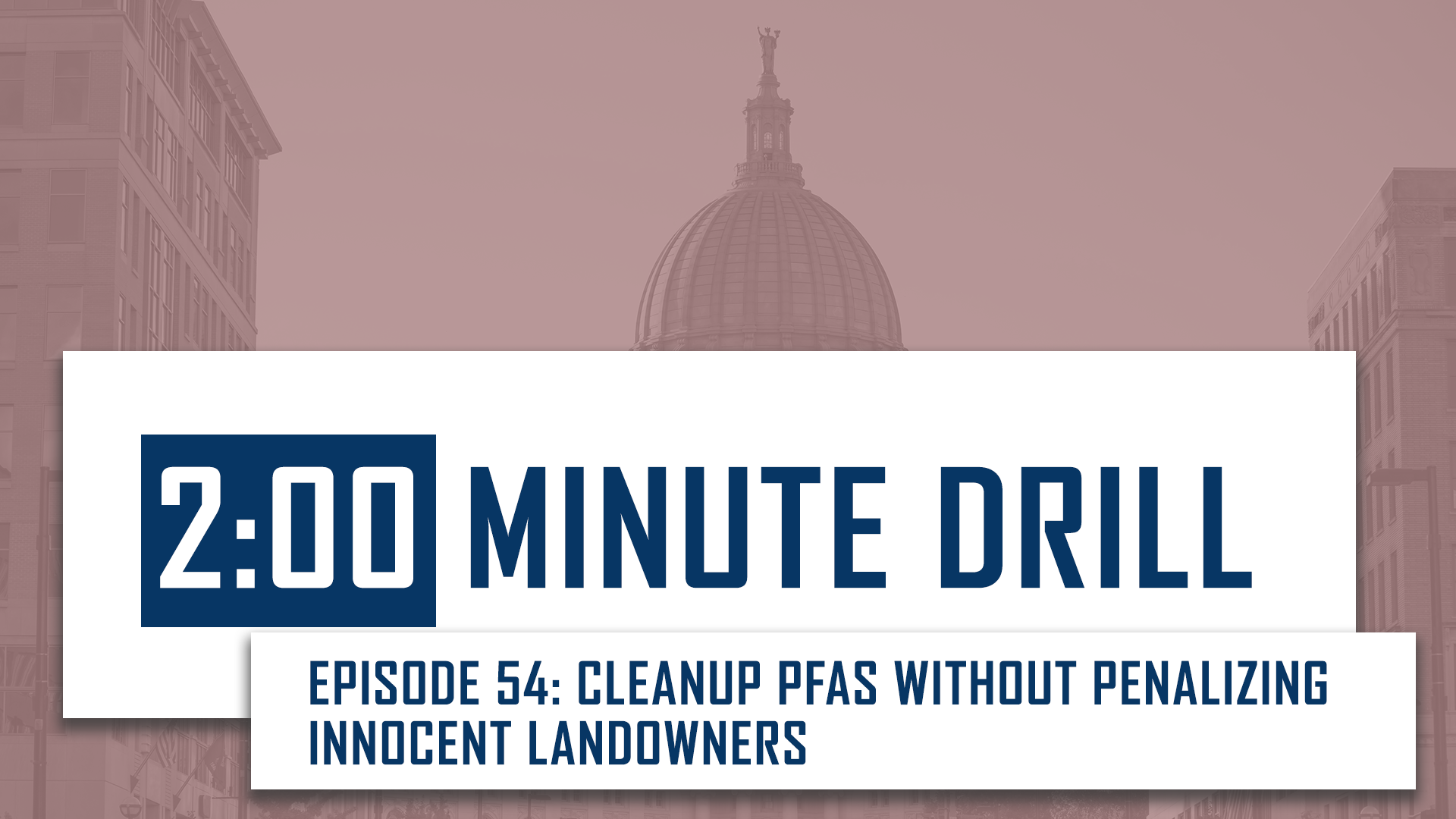MADISON – Wisconsin Manufacturers & Commerce (WMC) – the combined state chamber, manufacturers’ association and safety council – denounced plans by the Wisconsin Department of Revenue (DOR) to hit small businesses across the state with an unexpected $450 million tax bill.
The nearly half-billion-dollar tax increase stems from the wildly popular Paycheck Protection Program (PPP) that allowed employers to pay workers while government forced their businesses to be closed early last year. Congress intended for the funds to be tax free, but the federal Internal Revenue Service (IRS) contradicted Congress by claiming revenue from the funds would not be deductible. DOR recently announced it would follow the IRS decision. Congress acted late last year to reverse the decision by the IRS, but similar action has not been passed at the state level.
“It was just reported that Wisconsin will have more than $1 billion in additional revenue thanks to the leadership and prudent decisions made by Sen. Marklein, Rep. Born and other legislators,” said WMC General Counsel and Director of Tax, Transportation and Legal Affairs Cory Fish. “With such a large surplus, lawmakers should take this opportunity to ensure small businesses are not hit with hundreds of millions of dollars in unexpected taxes.”
In a memo sent to legislators earlier this week, Fish explained that state lawmakers should follow Congressional action and ensure employers don’t face a massive and unforeseen tax bill.
“Congress never intended for these loans to be taxable. There is no evidence the state legislature did either,” added Fish. “Policymakers should not allow DOR to ‘sleep walk’ into a tax increase that no one ever intended to be enacted.”
Click here to read WMC’s memo to legislators.





